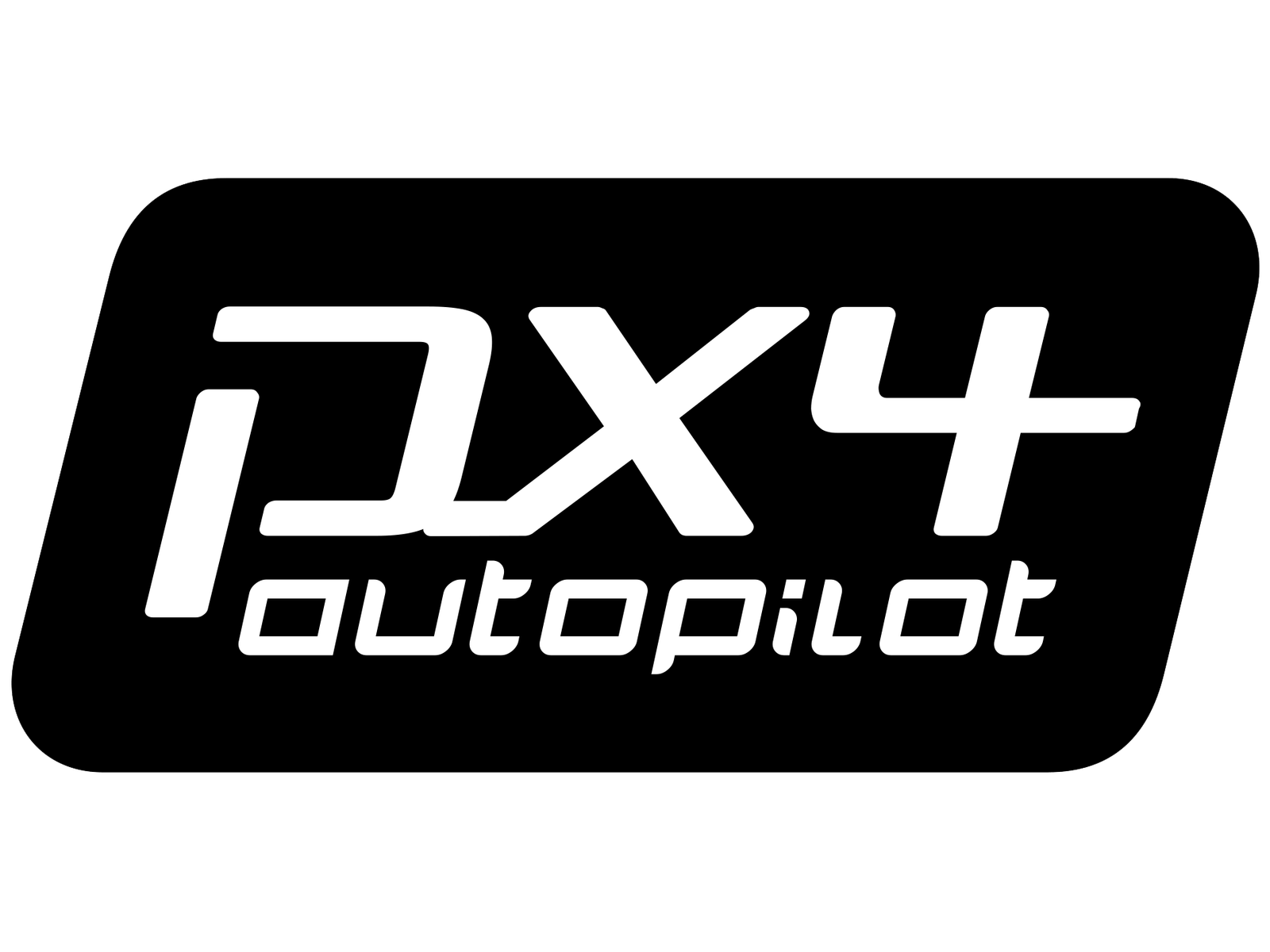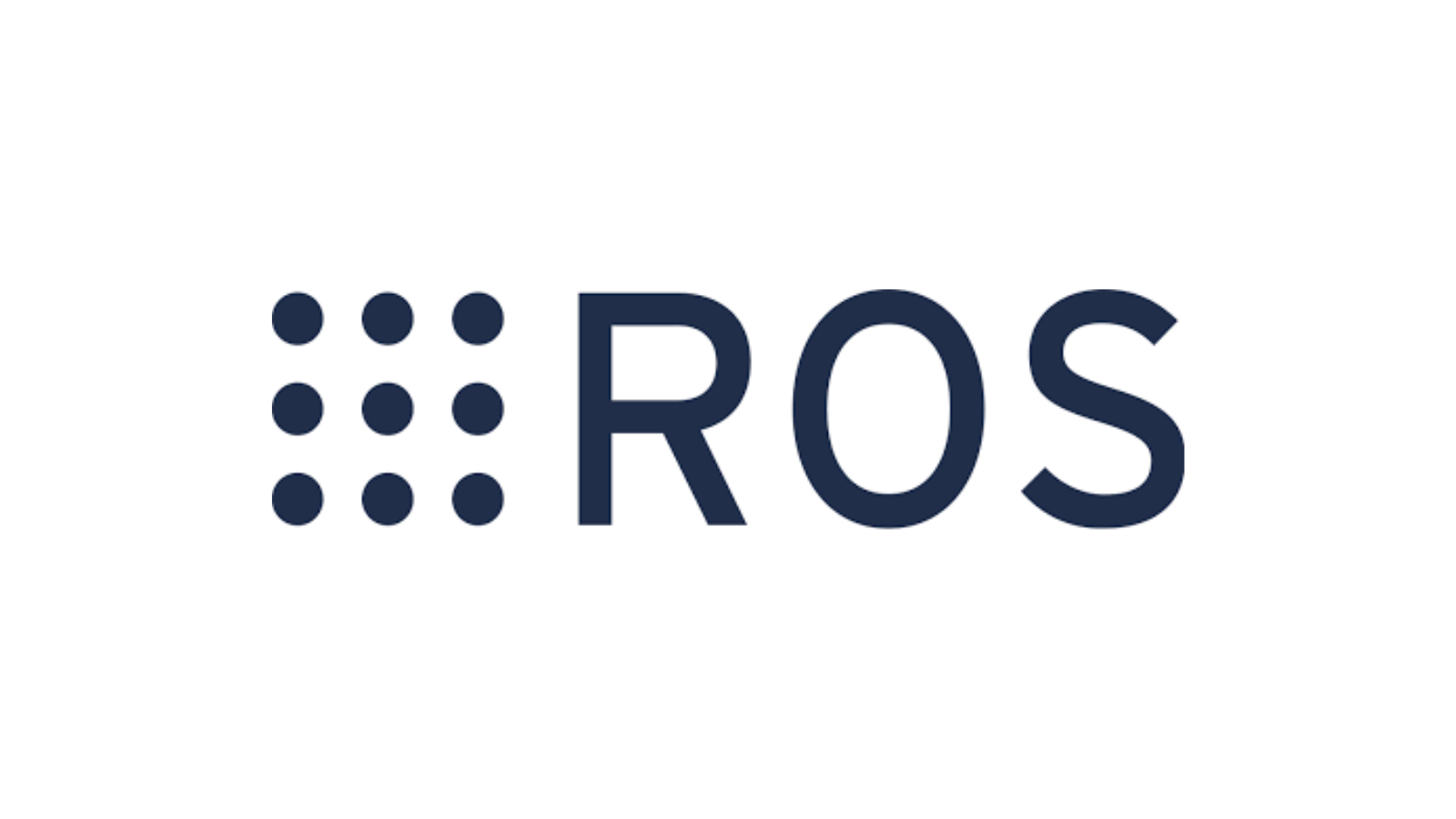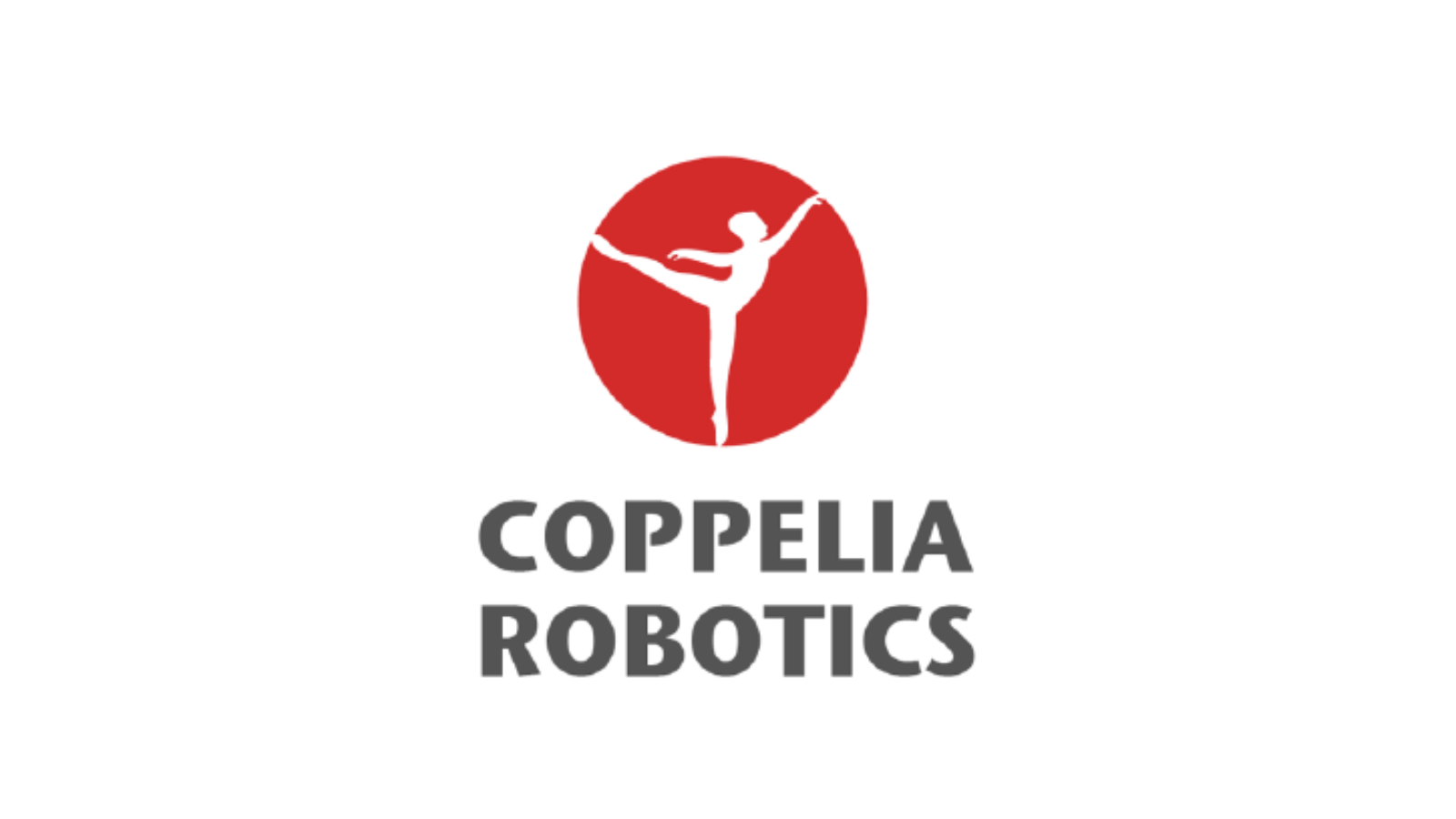Open-source autopilot software for drones and vehicles.
PX4 Autopilot is an open-source flight control software designed for drones, unmanned aerial vehicles (UAVs), and other autonomous systems. Developed by the Dronecode Foundation and a global community of developers, PX4 provides a comprehensive solution for controlling and managing the flight of various types of UAVs, including multirotors, fixed-wing aircraft, VTOL (Vertical Take-Off and Landing) vehicles, and ground-based robots. PX4 is highly configurable and modular, offering robust capabilities for flight control, mission planning, and sensor integration, making it suitable for both hobbyists and professional drone developers.
Key Features:
- Versatile Vehicle Support: Supports a wide range of UAV types, including multirotors (quadcopters, hexacopters), fixed-wing aircraft, VTOLs, and ground vehicles, enabling flexibility for different use cases.
- Advanced Flight Control Algorithms: Implements advanced flight control algorithms for stabilization, position control, altitude control, and autonomous navigation, ensuring precise and reliable flight performance.
- Modular Architecture: Provides a modular, component-based architecture, allowing developers to add or customize specific modules (e.g., estimators, controllers, navigation algorithms) to meet specific requirements.
- Flexible Communication Protocols: Uses the MAVLink protocol for communication, enabling seamless integration with ground control stations (GCS) like QGroundControl and Mission Planner, and support for multiple telemetry options (e.g., Wi-Fi, 3G/4G, RF).
- Real-Time Operating System (RTOS): Runs on NuttX or a similar real-time operating system, providing deterministic performance and low-latency responses crucial for safety-critical applications.
- Safety and Redundancy Features: Includes safety features like geofencing, failsafe modes (e.g., Return to Home), and redundancy for sensors and flight controllers, enhancing reliability and safety during operations.
- Sensor and Payload Integration: Supports a wide range of sensors, such as GPS, IMUs, LiDAR, cameras, magnetometers, barometers, and sonar, as well as payloads like gimbals and cameras, for applications in aerial photography, mapping, and surveillance.
- Customizable Flight Modes: Offers multiple customizable flight modes, such as Manual, Stabilized, Position, Altitude, Loiter, Follow Me, and Auto Mission, providing flexibility for different operational needs.
- Simulation and Testing Tools: Compatible with simulation tools like Gazebo, AirSim, and jMAVSim, allowing developers to test and validate their systems in realistic virtual environments before deploying on actual hardware.
- Cross-Platform Development Environment: Compatible with multiple development platforms, including Linux, Windows, and macOS, making it accessible to developers on different operating systems.
Benefits:
- Open Source and Community-Driven: Completely open-source under the permissive BSD 3-Clause License, benefiting from a global community of contributors who continuously improve and extend its capabilities.
- Highly Customizable and Scalable: Its modular architecture allows for high customization and scalability, enabling developers to tailor it for specific applications, from hobby drones to industrial UAVs.
- Supports Complex Autonomous Missions: Provides robust tools and algorithms for complex autonomous missions, including waypoints, geofencing, and mission scripting, suitable for research, surveillance, inspection, and delivery.
- Broad Hardware Compatibility: Supports a wide range of flight controllers, sensors, and payloads, providing flexibility in hardware selection and integration.
- Integrates with Popular Ground Control Stations: Seamlessly integrates with popular GCS like QGroundControl and Mission Planner, enabling easy mission planning, control, and monitoring.
Strong Suit: PX4 Autopilot’s strongest suit is its flexibility, scalability, and robust support for a wide range of UAV platforms and use cases, making it a versatile choice for both research and professional applications in drone development.
Pricing:
- Free: PX4 Autopilot is open-source and free to use under the BSD 3-Clause License.
Considerations:
- Requires Technical Expertise: While highly flexible and powerful, PX4 Autopilot requires a certain level of technical expertise in flight dynamics, control systems, and programming to fully utilize its capabilities and customize it for specific applications.
- Hardware Compatibility and Configuration: Effective use of PX4 may require specific flight controllers (like Pixhawk) and sensors, which may involve additional costs and configuration efforts.
- Complex Setup for Beginners: The initial setup, including flashing firmware, configuring the flight controller, and tuning parameters, can be complex and time-consuming for beginners.
Open-source robotics middleware for robot development.
Simulation tool for robotics with realistic physics.
Robotics simulation platform with integrated physics engine.
Summary: PX4 Autopilot is a powerful, open-source flight control software for UAVs and autonomous systems, offering a flexible, modular architecture that supports a wide range of vehicle types, sensors, and payloads. With its advanced flight control algorithms, real-time performance, and robust safety features, PX4 is ideal for both hobbyists and professional developers looking to build and deploy complex, autonomous drones. While it requires some technical expertise and initial setup, its free availability, community support, and versatility make it a leading choice for drone and UAV development.
 Skip to content
Skip to content 













